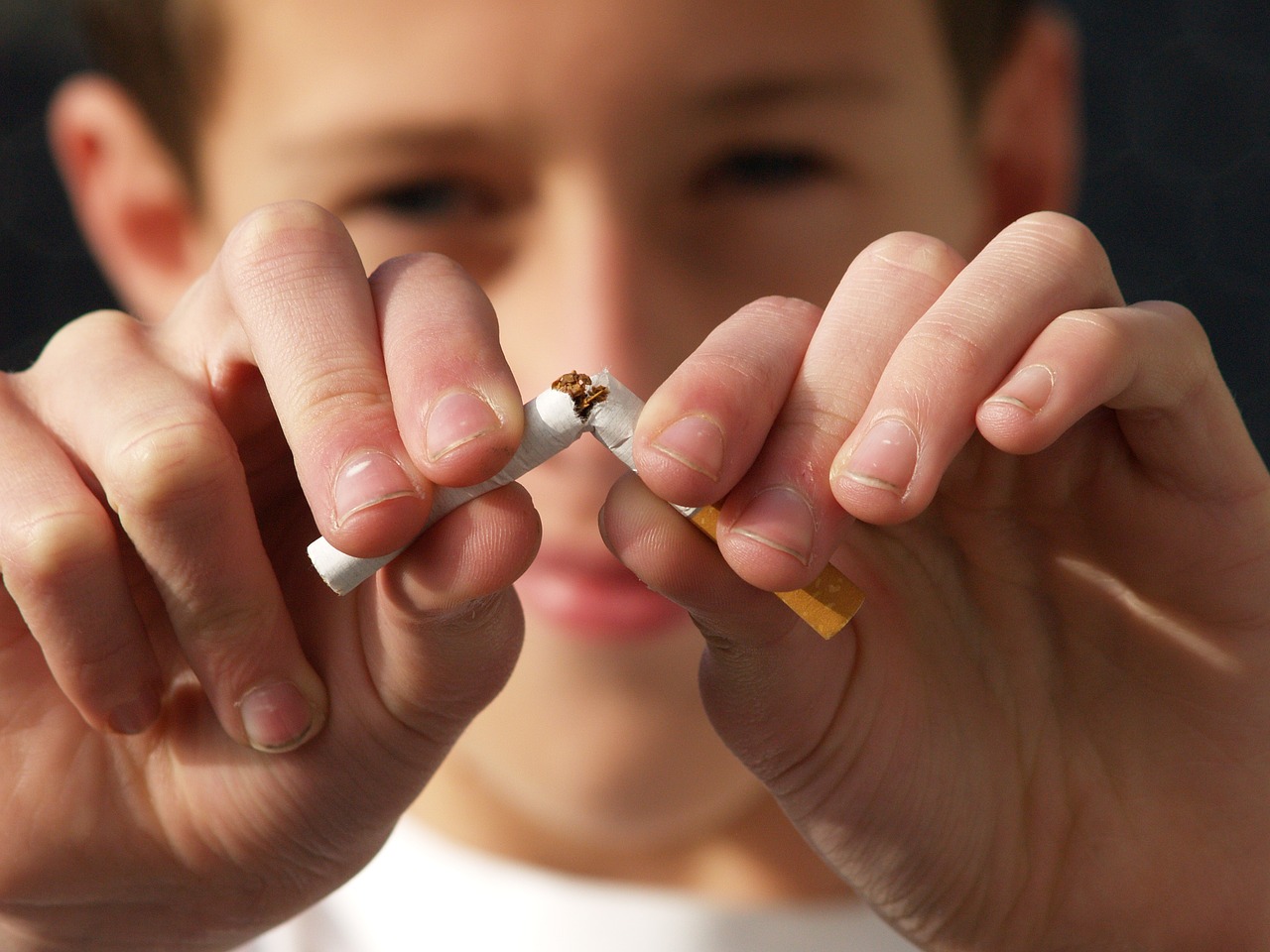On the 1st August 2019, the University of Leeds introduced a brand-new policy on smoking, which asks everyone to refrain from smoking on campus between the hours of 8am and 6pm; a victory for the health and wellbeing of students and staff alike. The university is aiming to change the behaviour of young people; this new rule, which also supports the ‘Breathe 2025’ campaign – an initiative that inspires a new generation of smoke-free individuals – is just the start of a journey to change the way people think about smoking. According to research, if people have not begun using tobacco products by age 26, it is likely that they never will. Evidence also shows that people are less likely to start smoking if it is not presented as part of everyday life, therefore, the university is aiming to make smoking seem like an unusual choice in order to prevent people from ever starting. By reducing the visual signs of smoking on site, this will reduce the encouragement for others to start. Vaping, however, is still allowed as it seen as an effective method to quit smoking, which is of course beneficial for those who are wishing to kick the habit.
This seemingly small step the university has taken will have an enormous impact on the health of anyone roaming around campus, with the only way to reduce the impacts of second-hand smoke being to eliminate smoking from peoples’ everyday lives. By changing the rules, the university has taken steps to fix the issue. Of course, there will always be people who choose to ignore this, that is virtually unavoidable. Yet, if everyone follows this new scheme – and let’s hope they do – students and staff will now be able to go about their days a little more carefree. Indeed, we still have exams and assignments to do, but at least we can roam around knowing that there will no longer be people whipping out packets of Lambert & Butler around every corner, ready to pass on all that second-hand smoke. Yet, it’s not all about the local impacts; that small step means that the university has done their bit to help the UK try and become smoke free by 2030, which is the government’s aim. Smoking currently costs the UK economy a whopping £11 billion per year, 2.5 billion of which falls into the lap of the NHS. In an era when the NHS is under constant threat anyway, this is terrible news. By reflecting the changes that the modern world has brought with it – that is, the reduction in the number of people classified as smokers – Leeds is moving forward into a world where smoking is considered abnormal; something that will be seen hardly ever.
As mentioned previously, these are just the first steps to making the city of Leeds a smoke free environment for all. We need to act locally yet also think about the broader picture. Let’s hope steps like these lead us to a happier and healthier future for all.
Jack Whyles

